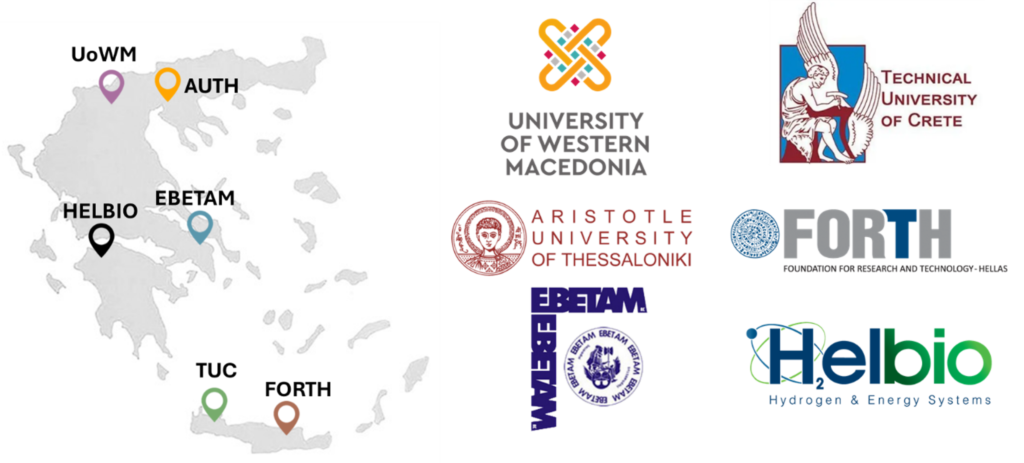


Menu
Triantafyllidis Research Group




«Development of innovative nano-catalyst materials and reactors towards the efficient and selective hydrogenation of CO2 to light olefins»
University of Western Macedoni (UoWM)
Technical University of Crete (TUC)
Aristotle University of Thessaloniki (AUTH)
Foundation for Research and Technology-Hellas (FORTH)
EBETAM SA
HELBIO S.A.
Duration
2022-2024
Total Budget
SCOPE:
NANOLEFINS aims to develop innovative materials and low-cost simplified processes for the production of light olefins, the most important raw material for a wide range of valuable products and one of the key processes of the petrochemical industry, through the sustainable utilization of industrial CO2 emissions and “renewable” H2. This objective is planned to be achieved through the synergy and complementary expertize of participating academic (UoWM, TUC, AUTH), research (FORTH) and industrial (MIRTEC, HELBIO) beneficiaries toward the efficient design of innovative multifunctional materials and devices for the chemical.
OBJECTIVES:
ROLE & INVOLVEMENT OF AUTH:

PARTNERS:

PROJECT WEBSITE & SOCIAL MEDIA: